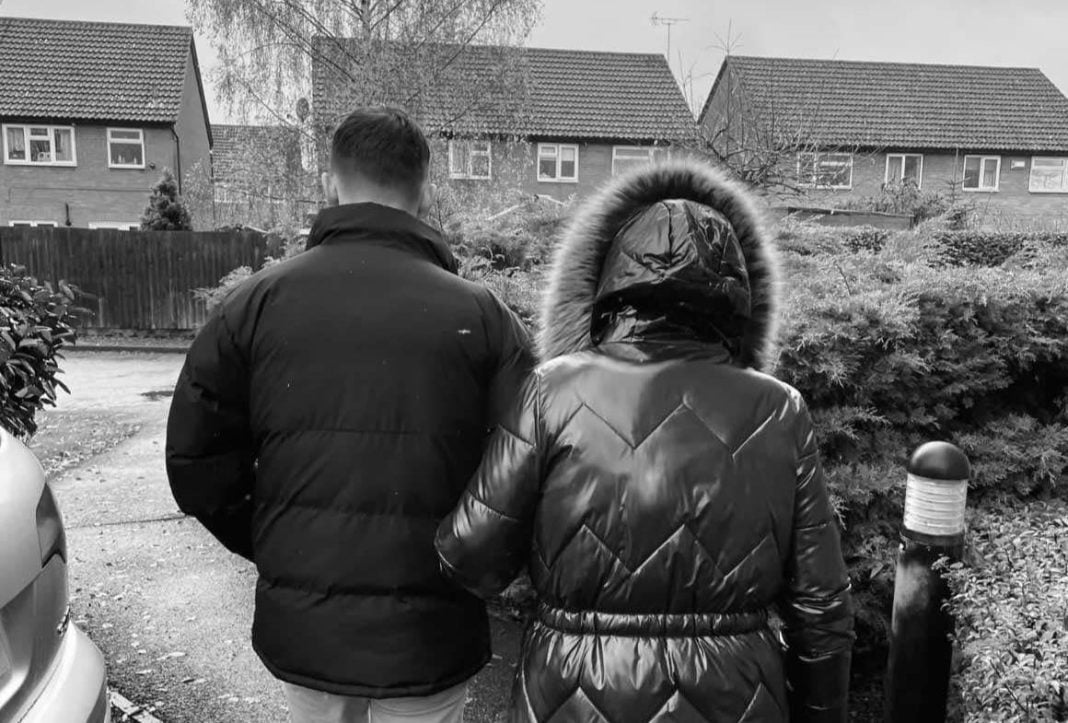“So, you study Geography? Did you bring your colouring pencils to university with you?”
During my time at Oxford, I’ve heard this joke more times than I can count. I take it in my stride, but it’s become clear that, beyond oxbow lakes, most people have little idea what studying Geography at university actually entails. The simple answer is: anything. Geography is a discipline defined by its unapologetic breadth, using this diversity to apply an interdisciplinary lens to the world. This diversity became particularly evident when we began planning our dissertation research, as we were told there were “no limits” on topic or focus. I knew this was my chance to study something meaningful to me beyond academics—something that affected my everyday life.
Like many, my grandparents have been incredibly important in my life. More than this, though, they are like a second set of parents, caring for me throughout my childhood—from picking me up from school each day to teaching me how to tie my shoelaces, often stepping into a parental role when challenges arose. As I grew older, however, so did they – leaving us to confront the everyday realities of my Nan’s Alzheimer’s diagnosis. Just as she had stepped up for me, I, in turn, stepped up for her, taking on the role of one of her primary carers whilst balancing the demands of studying and paid work. This continued until I began my studies at Oxford, when we made the decision to move her into a residential care home. Since then, every day as a family has felt like an emotional battle—between guilt, comfort in knowing she’s safe, and ongoing worry. Not a week goes by at Oxford without a FaceTime call existential crisis as we discuss what’s truly best for her while hearing about her increasing anxieties.
After learning about the flexibility I’d have in choosing my dissertation topic, I knew I had to do something for my Nan—to create a project for her and for myself as part of my Geography degree. Seeing her challenges in the care home, while my peers took on internships or travelled the world, I decided to take a position as a healthcare assistant to support my dissertation research. In this role, I aimed to observe the everyday lives of care home residents, examining their agency, power, and resistance within a space that is both caring and necessarily controlling. While completing my caregiving tasks, I also got to know the residents on a personal level—hearing their stories, listening to their experiences, laughing with them, and comforting them in moments of distress. Connecting with people who have had such incredible lives is an experience I’ll never forget. In many of these residents, I also saw glimpses of my Nan, realising she wasn’t alone in her inner conflicts between feeling cared for and feeling controlled. I also connected with the residents’ family members, relating to their struggles as I shared their sentiments.
As I completed my role, each visit to my Nan felt completely different. Each difficulty I witnessed reminded me that she is not alone in her experiences. My research has shown me that care homes are spaces of deep contradictions: they are places of care and protection, yet they impose isolating limitations to achieve this. Many residents, like my Nan, quietly struggle with the loss of autonomy in ways that aren’t always visible; it’s an emotional adjustment to live in an environment where even the smallest decisions are often made by others. And while dedicated staff work hard to provide the best possible care, the structure of the environment can create a sense of isolation for residents who remember the freedoms they once had. Studying these experiences through Geography and my research has been essential in helping me come to terms with my Nan’s everyday reality, because now I truly understand it. This doesn’t change her experience, but it has given me a more informed perspective, helping me to recognise that, despite her challenges, she is in the safest place possible.
So, the next time you think about making an innocent joke about colouring pencils, I hope my story reminds you of what Geography can encompass. My Nan is always on my mind while I’m in Oxford, and I’m deeply grateful that Geography has allowed me to bring her experiences to light.


